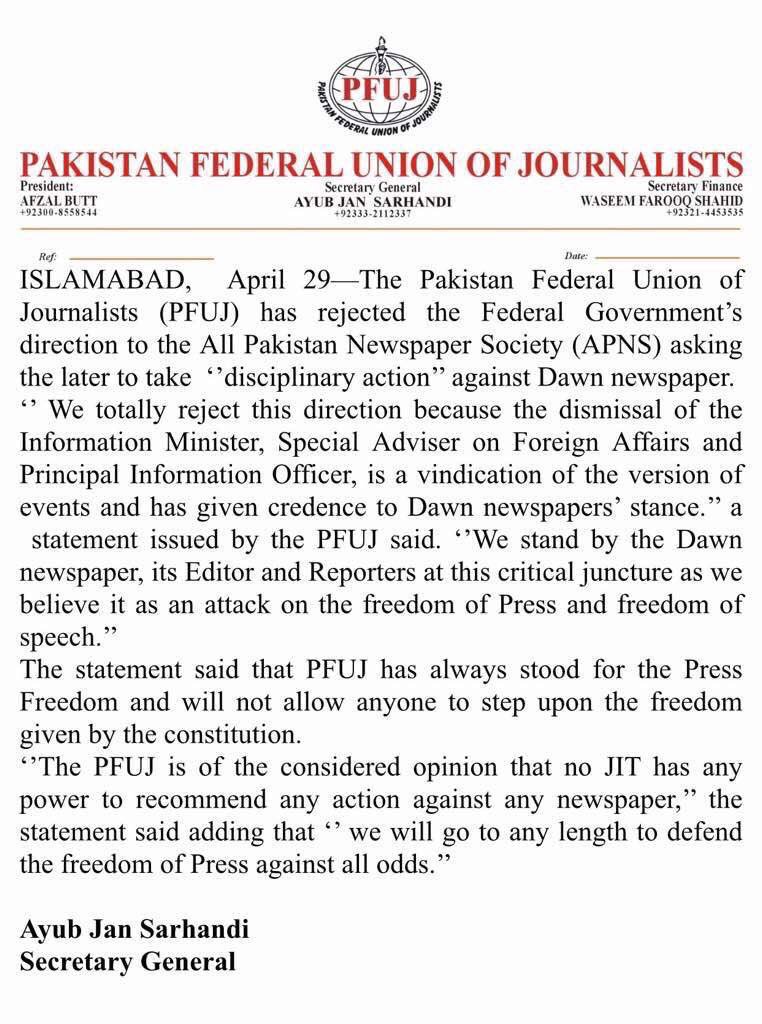Saudi Arabia's "Special Ties" With Pakistan Analyzed
A friendship fit for a king
Dr Ayesha Siddiqa
As Pakistan commits 5,000 operational troops to Saudi Arabia to become part of its 33-nation counter-terrorism coalition, some Pakistanis wonder why we couldn’t just say ‘no’. It is felt that had it not been for the prime minister’s personal interests or our civil-military leadership’s hankering for oil at concessional rates and the lure of military support, we may have not considered joining an arrangement that could encourage greater internal insecurity and spoil relations with neighbours such as Iran.
There is no other country in the world whose defence minister has been taken on a visit of our uranium-enrichment facility at Kahuta. But this was the case with Saudi Arabia’s defence minister, Prince Sultan bin Abdelaziz al-Saud, in 1999. The author, of course, appears to be of the "Shia persuasion" ; but then, the Saudis had financed the "Islamic Bomb" and wanted to check on their "invesment" !
It is only after combing through rare archival material that one realizes how central the Saudi state has been to our national imagination and geopolitical vision. Pak-Saudi relations are certainly not a one-way street.
Known for an orthodox Sunni brand of Islam, they considered Pakistan to be ‘inhabited by heretics’. They were even less charmed by the founding father, who appeared to them to be an English-speaking Orientalist. “Mr Jinnah with his Parsee wife and son-in-law and his spats and cigarette-holder, and Sir Muhammad Zafarullah Khan, a Qadiani… inspire no deep sense of Muslim communion in the average Arab,” reported British diplomats at the time.
The Arabs did not trust Pakistan- they intuited ( correctly ) that Pakistan was a creation of the British and a tool of the West 
Egypt’s Gamal Abdel Nasser, who was close to Jawaharlal Nehru and didn’t support the idea of the partition of India, didn’t take the new South Asian Muslim state seriously. Moreover, there were no real takers in the Muslim world for Pakistan’s case on Kashmir.
It was the Iranian revolution that proved to be a watershed in Pakistan-Saudi relations.
Contrary to the popular belief that defines Zia-ul Haq only ideologically, he too tactically used pan-Islamism under a larger strategic cover. For instance, he maintained fairly good links with Iran’s ideological regime while allowing development of sectarian militancy to counter rising pressure from Shias at home. Furthermore, in mid-1983, Pakistan declined a request by the Saudis to exclude Shias from a detachment sent to Saudi Arabia by saying that their forces were non-sectarian.
Given Saudi Arabia’s fear of Iran, it required military protection. But it could not muster it because it lacked well-trained forces. This created greater dependency on Pakistan. In September 1980, Maj. General Kallu confirmed to an American diplomat that his division stationed somewhere in Punjab had moved to outside Riyadh for security during Hajj. Although foreign diplomats were skeptical about an entire division being moved to Saudi Arabia, in 1983 there were approximately 13,000 Pakistani military personnel in the Kingdom, perhaps, the highest number at any point ever. Not to forget either is the fact that the Saudis even allowed Pakistan to take credit for cleaning up the Holy Ka’aba from Wahabi militants in 1979 when the actual achievement, as pointed out by Yaroslav Trofimov, was by the French.
Such cooperation would naturally be of concern to Iran whose ambassador was recently seen actively engaging with Pakistan’s army chief. While only a fly on the wall may know the contents of those conversations, one could guess that the meetings were possibly about Pakistan’s inclusion in the counter-terrorism force. It is equally probable that COAS General Qamar Bajwa may have shared his concern about Iran-India cooperation and the lack of help from Tehran on the Kulbhushan Yadav spy case.
Interestingly our investigative journalism and fledgling academia remain silent on Saudi reaction to the news of the Dr Qadeer network feeding nuclear technology and know-how both to Libya and Iran. But it is very obvious that in recent years Saudi Arabia has begun to build independent relations with the Taliban, a development worth closely watching.


